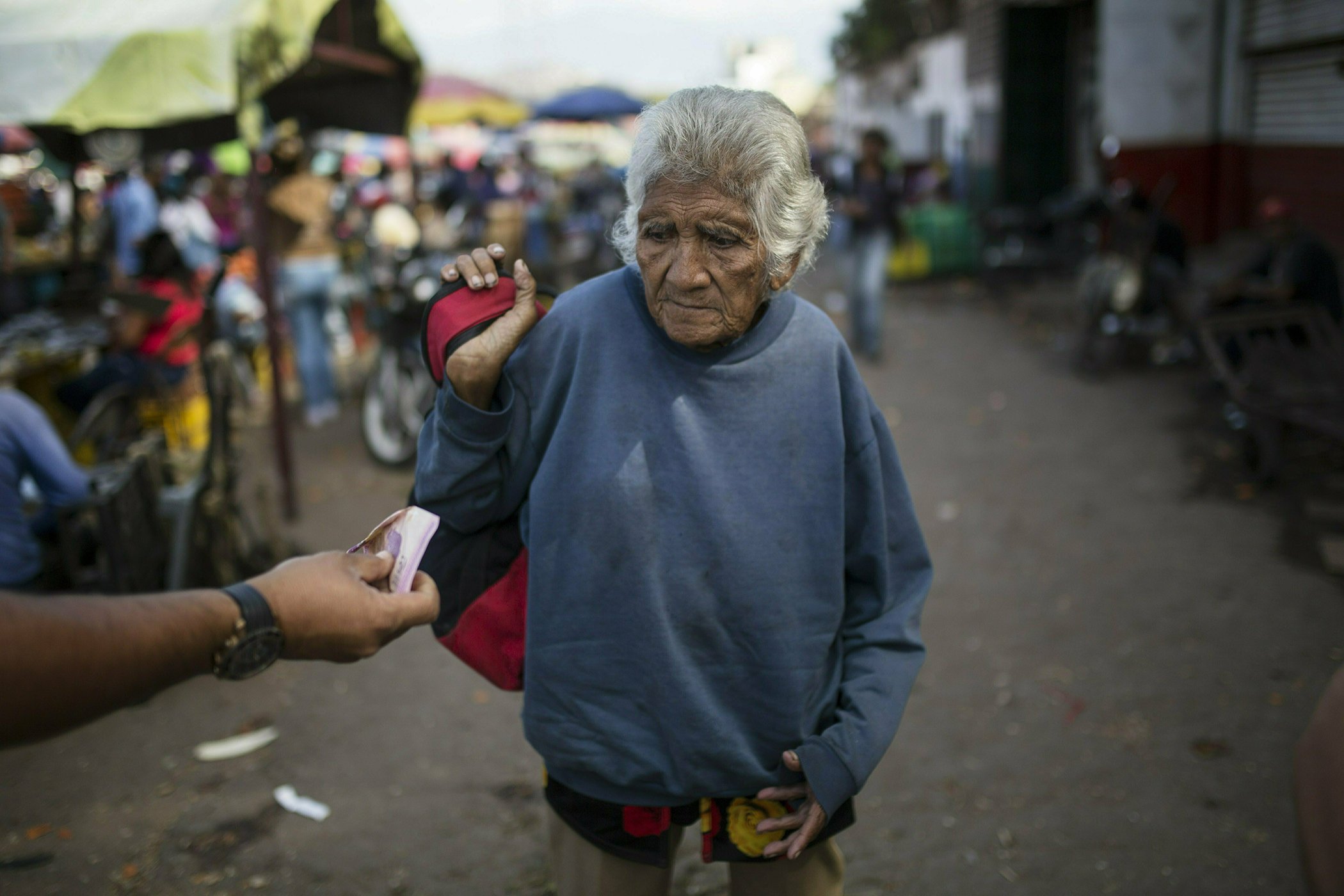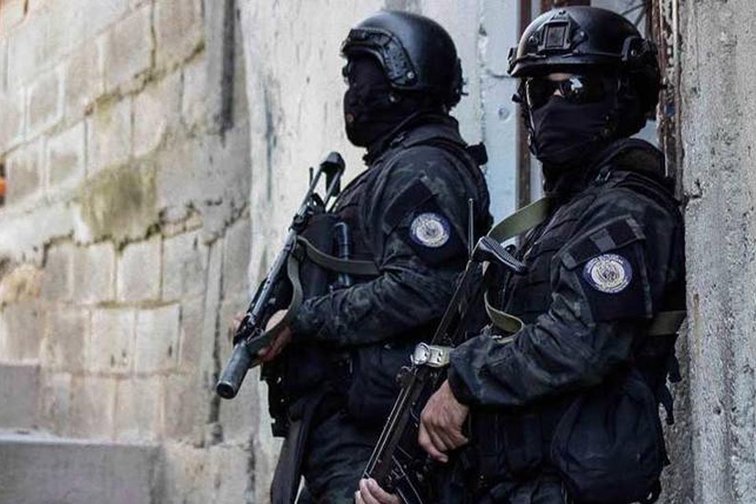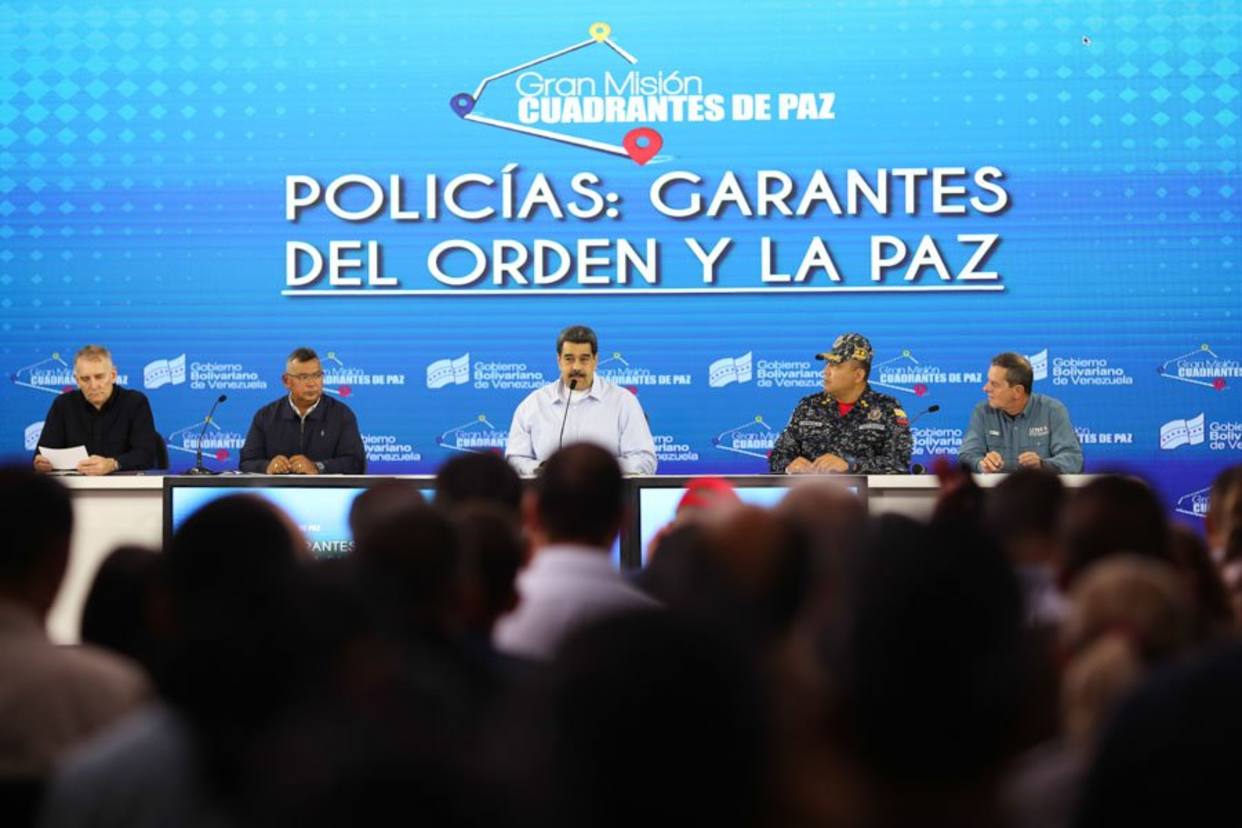Recently, situations that generate perplexity about the actions of the United Nations agencies in Venezuela have taken place.
The first of these is that the World Food Program, the UN initiative for the distribution of food in extraordinary situations, published its “Global Report 2020 on food crisis”. This report “describes the scale of acute hunger in the world. It provides an analysis of the factors that contribute to food crises worldwide, and examines how the COVID-19 pandemic could contribute to its perpetuation or deterioration.”
The document is carried out with the support of other agencies, such as FAO, Unicef, OCHA and UNHCR. In the figures published on Venezuela, one of them powerfully draws attention: “96% of households have access to at least basic drinking water services.” The data, which can provoke equivocal diagnoses of the country’s capacity to face the pandemic, contrasts with the reality in regards to access to water, outside of Caracas, which has literally turned into a nightmare.
Days later, UN-Habitat, the United Nations program focused on urban settlements, has launched its “Covid-19 response plan” aimed at 64 countries around the world with inadequate housing problems due to overcrowding, lack of services and absence of income by its residents that do not allow them to be safely quarantined.
Venezuela, which would comfortably meet all these requirements, has been excluded from the plan. UN-Habitat seems to tell us that the Complex Humanitarian Emergency or the worst migration crisis in the region are not sufficient reasons to place our country on the radar of your attention.
Nicolás Maduro, advised by several of his allies, is learning to work with the United Nations system, allowing its actions among us. However, these agencies could be in the situation described by David Rieff in his book “A bed for the night. Humanitarianism in crisis ” (Debate, 2019) when international actors obtain permission from authoritarian regimes to work within their territories with populations in vulnerable situations: To not strain the patience of their hosts so as not to risk their presence in the country.
In one of the different testimonies that were cited, he recalls in a situation in Bosnia: “In Banja Luka – as an official of the International Committee of the Red Cross (ICRC) declared to Ed Vulliamy – we had to decide if we wanted to continue the work with the inmates of the Serbian concentration camps – or adopt a posture that would have cost us our presence in the city”.
“The fact that prisoners continued to be tortured and killed while ICRC officials continued to brag about their heroic efforts to guarantee their right to receive visits does not seem to have worried an iota to the members of that organization.”
The strategy with the United Nations could be not only to promote, amongst its officials, people with ideological affinities –who exist– willing to believe all the periods and commas of the reports that emanate from Miraflores.
Also to gain as much time as possible by delaying the delivery of recent data, reiterating the image of the year 2002 when the economic crisis had not yet appeared, or promising responses and accesses that never come. Public servants are trained to move within a rational framework of diplomatic relations.
For this reason, authoritarianism quickly learns that it may take a few years to exhaust the “good offices” of its interlocutor, until the moment when the official is replaced by another, with whom the wheel turns again.
However, as Rieff documented for humanitarian crises in Europe and Africa, a third letter is the ongoing threat that the presence of humanitarian agencies on the ground hangs in the balance, opening a major gap for indulgent complacency.
We could not yet affirm that the situation described in the book “A bed for a night. Humanitarianism in crisis ” is being repeated in Venezuela. But the signs that begin to appear are disturbing.
If no international actor has the capacity to guarantee human rights for the population, we would be left in a state of immense orphanhood. And it should generate a deep debate on the limitations of the existing protection mechanisms to address populisms such as the Venezuelan one.
Sociologist and General Coordinator of Provea




